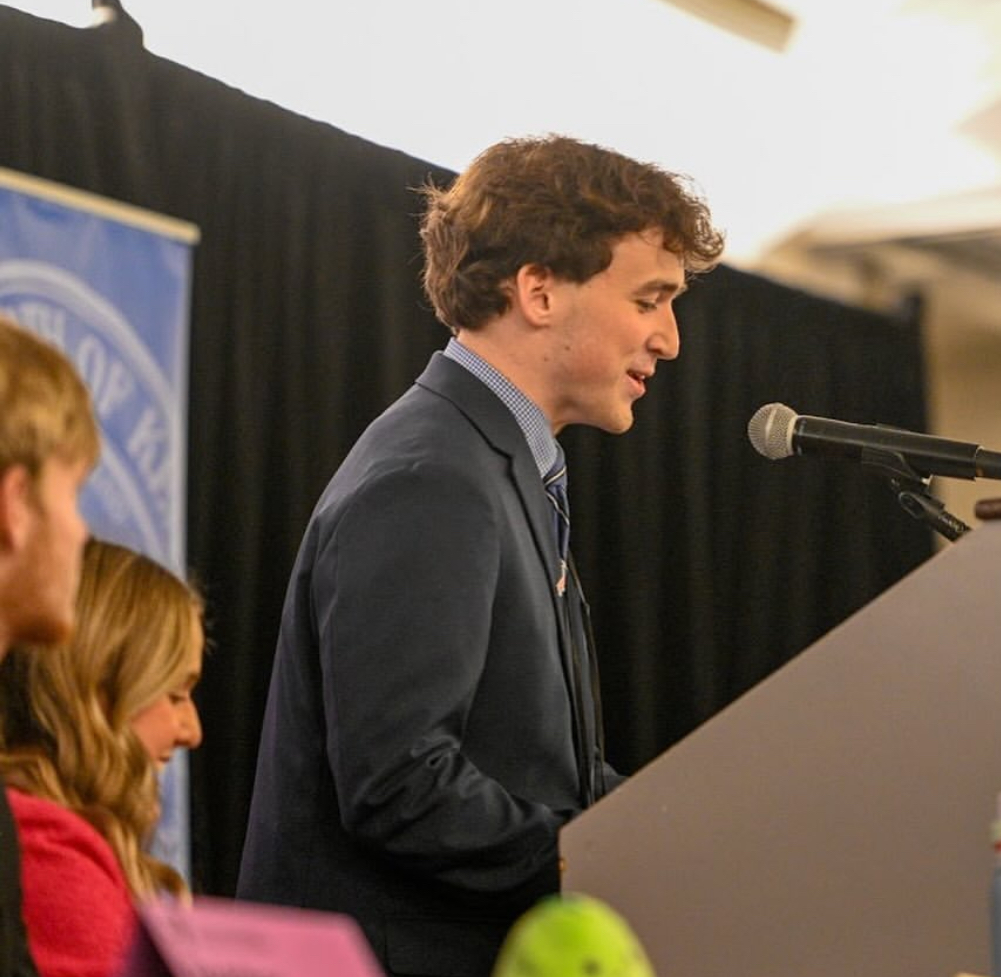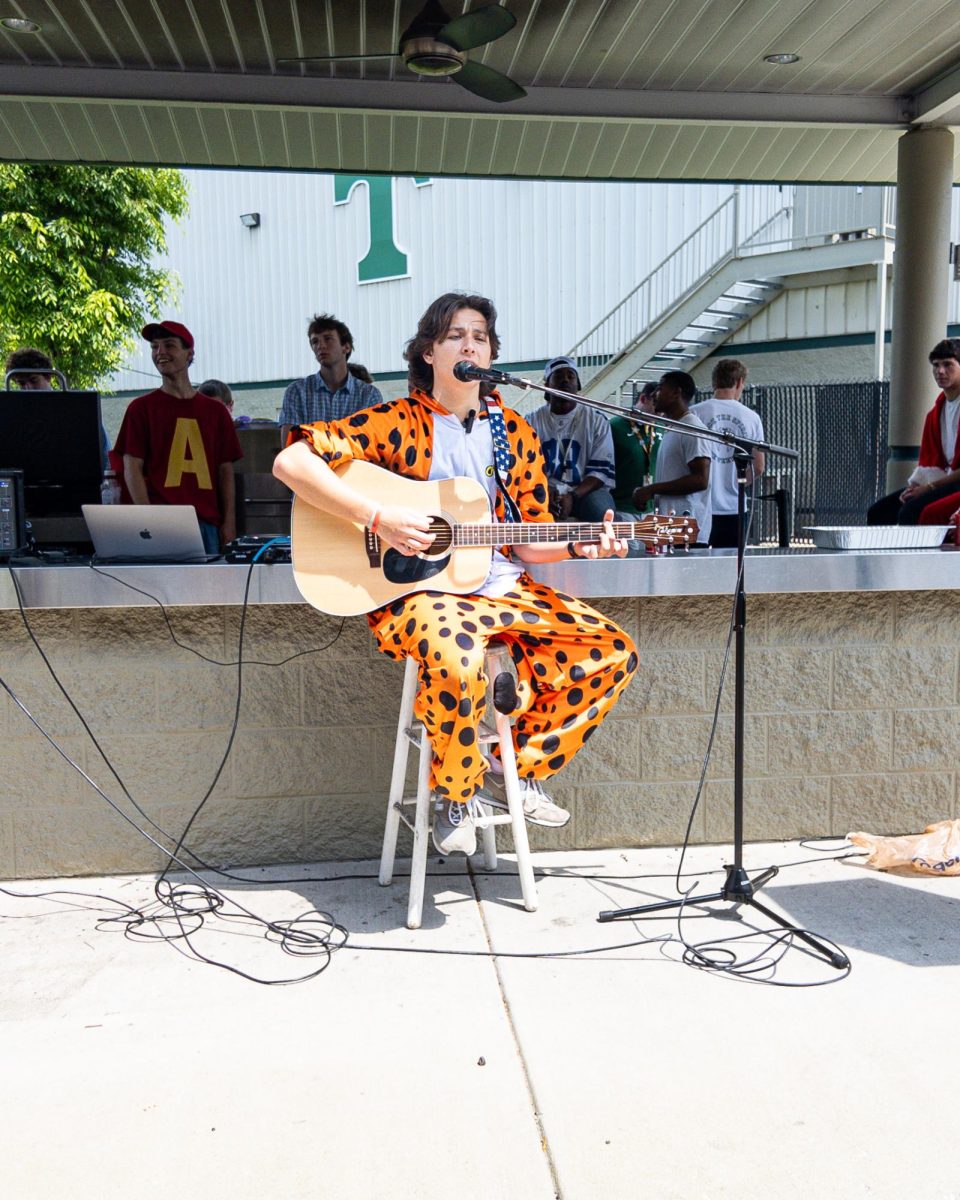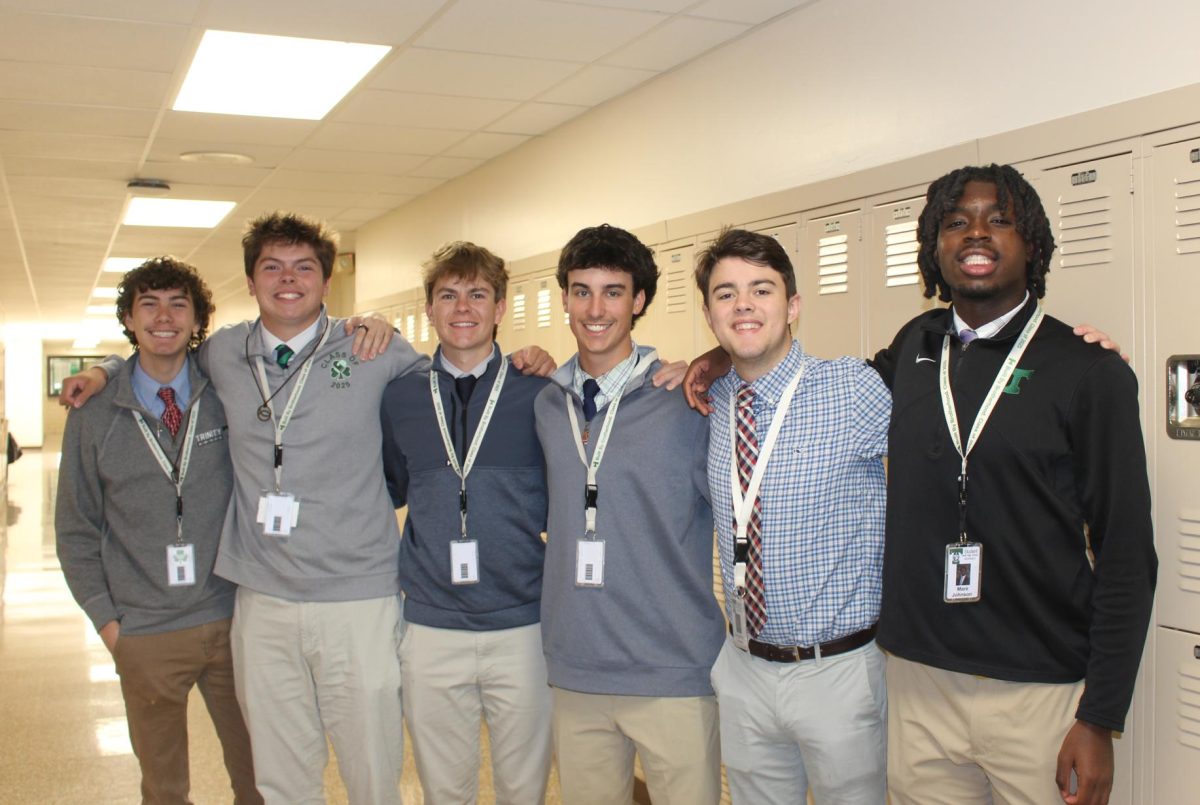Would it surprise you that about 92 percent of high school students do not get enough sleep? A study by the Journal of Adolescent Health surveyed 12,000 high school students and asked them how many hours of sleep they get on an average. Many responded that the most sleep they get is six hours on a school night.
So, how many hours of sleep should Trinity — and other high school — students get?
“An adolescent male should get around eight and a half to nine hours of sleep every night to function properly. If they don’t, their school performance will definitely be inhibited,” said Caroline Miklosh, a student in the psychology doctoral program at Indiana State University. “Students are really shooting themselves in the foot by not getting enough sleep. I think many of them don’t know how much they are hurting themselves.”
According to Miklosh, mathematical ability, in particular, is hindered.
She said, “Simple things like adding and subtracting can be a struggle on a few hours of sleep. Students deprived of sleep can’t do things a student who’s gotten enough sleep can. Students who are sleep deprived and drive to school are also putting themselves and others in serious danger.”
Trinity senior Alex Hofmeister said he is sleep deprived. “I only get five or six hours of sleep a night,” he said.
When asked why he stays up so late, Hofmeister mentioned Netflix, video games and YouTube as reasons. Hofmeister thinks his performance in school isn’t being hindered by not getting enough sleep.
He said, “I don’t really feel that bad during the day when I’m running on four hours of sleep. I don’t have any trouble driving or anything like that.”
Trinity junior Jacob Renn expressed similar thoughts. Renn said he regularly does not get enough sleep but doesn’t feel there are any repercussions.
“I drive to school just fine, and I have no trouble staying awake in class,” Renn said.
Other Trinity students agreed with Hofmeister and Renn.
Kelly Miles, a student in the University of Louisville’s master’s program for school administration said athletes in particular can be affected by a lack of sleep. “Athletes won’t be able to lose fat or build muscle as quickly. They’ll have much less energy out on the field and won’t be able to perform for a game,” Miles said. “They just won’t be the same person.”







